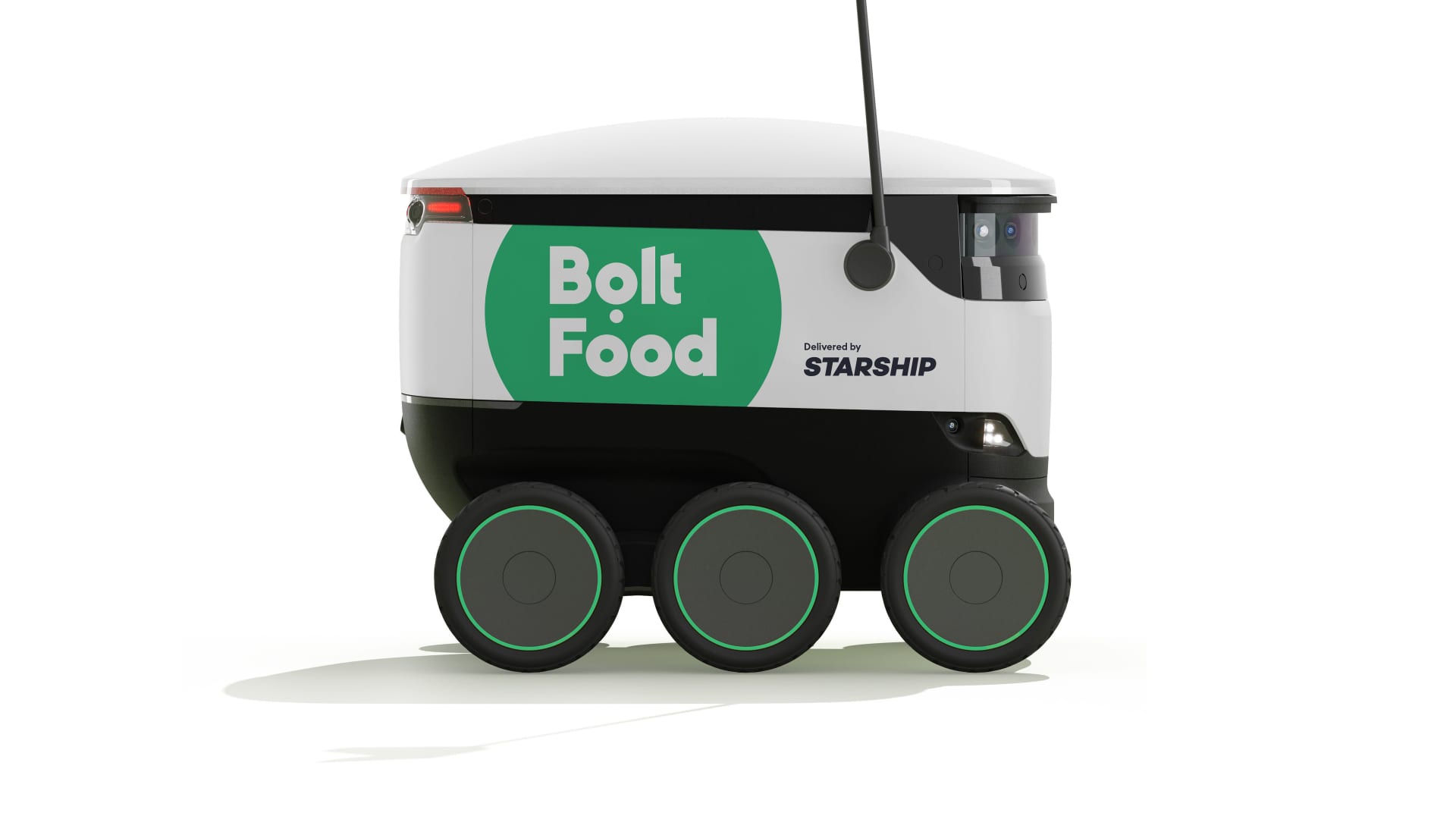Bolt, in collaboration with robotics firm Starship Technologies, is preparing to revolutionize food delivery with the launch of self-driving robots. The Estonian ride-hailing company plans to introduce online food deliveries in Tallinn, its home city, using Starship’s suitcase-sized robots. This strategic partnership aims to provide sustainable transportation solutions, according to Markus Villig, the founder and CEO of Bolt. With a valuation of $8.4 billion, Bolt has gained recognition for challenging Uber in key international markets, including the U.K. The company has diversified its offerings into various sectors, such as online food and grocery delivery, as well as e-scooters.
Founded in 2013 as Taxify, Bolt has amassed approximately 100 million customers across Europe, Africa, the Middle East, and Latin America. Investors, including Sequoia, World Bank unit IFC, and the European Investment Bank, have contributed over $2 billion in funding to Bolt’s growth.
The process of using Bolt’s Starship partnership for food delivery is similar to traditional online food ordering apps. Users can have their food delivered by robots with just a tap of a button. Once the robot arrives at the designated location, users can open it up and retrieve their meals or groceries. This development marks a significant step towards widespread commercial deployment of this technology. Bolt will initially commence deliveries in Tallinn and subsequently expand to other markets.
San Francisco-based Starship, co-founded by individuals involved in Skype’s creation, already operates a fleet of autonomous delivery robots in the U.S. College students primarily utilize this service in partnership with food delivery company Grubhub. Starship has also formed a similar collaboration with British grocer Co-op in the U.K. and other European countries. With approximately $200 million in funding, Starship is among several companies testing the use of robotics for food and goods delivery. Chinese companies have been at the forefront of this trend in Asia, with Meituan testing its robots in offices and hotels as early as 2019.
However, the adoption of robotic delivery technology has not been without challenges. Amazon, for example, recently discontinued its field tests of the Scout delivery robot due to cost-reduction efforts. Nevertheless, the future looks promising for Bolt and Starship as they aim to transform the food delivery industry by introducing autonomous robots.
SEO: Bolt, robot food delivery, Starship Technologies, self-driving robots, Estonia, Tallinn, Markus Villig, ride-hailing, Uber, online food delivery, grocery delivery, e-scooters, funding, Taxify, sustainable transportation, technology, San Francisco, Grubhub, Co-op, Chinese companies, Meituan, Amazon Scout robot.
Denial of responsibility! VigourTimes is an automatic aggregator of Global media. In each content, the hyperlink to the primary source is specified. All trademarks belong to their rightful owners, and all materials to their authors. For any complaint, please reach us at – [email protected]. We will take necessary action within 24 hours.


